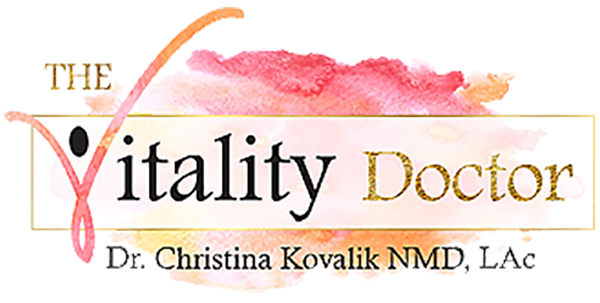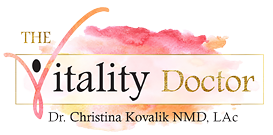Perimenopause and Menopause
One of the most common hormone imbalances is associated with perimenopause and menopause.
In the years leading up to menopause (perimenopause), menstrual cycles may become irregular and may also be heavier or lighter than usual. They may become erratic due to the fluctuations of highs and lows of estrogen and progesterone several times a day. Testosterone and DHEA levels may also decline. During this time women may become more emotional; they feel like they are on a rollercoaster.
Once a woman has made the transition to menopause (12 months without a period) estrogen levels have dropped to 60% and progesterone drops to nearly zero. This situation creates an imbalance in the estrogen/ progesterone balance resulting in an estrogen dominance common in menopause. Even though the most likely imbalance is due to both low estrogen and progesterone.
Many women in perimenopause do well by making a change in their diet, exercise, botanicals, and possibly adrenal support. Treatment should be individualized since everyone is different. It is essential to get a base level of the hormones estradiol, progesterone, testosterone, DHEA and Cortisol (salivary). Once the baseline has been established, then use of diet, exercise, herbal formulas and Natural Hormone Replacement (NHRT) may be necessary.
Testimonial
“Dr. Kovalik LISTENS AND CARES. When I had hormonal issues, she solved the problem and continues to do so. No matter what my medical ailment, she has found a natural remedy that worked. I appreciate her and her expertise over the last 9 years.”
– W.T. Phoenix, AZ

